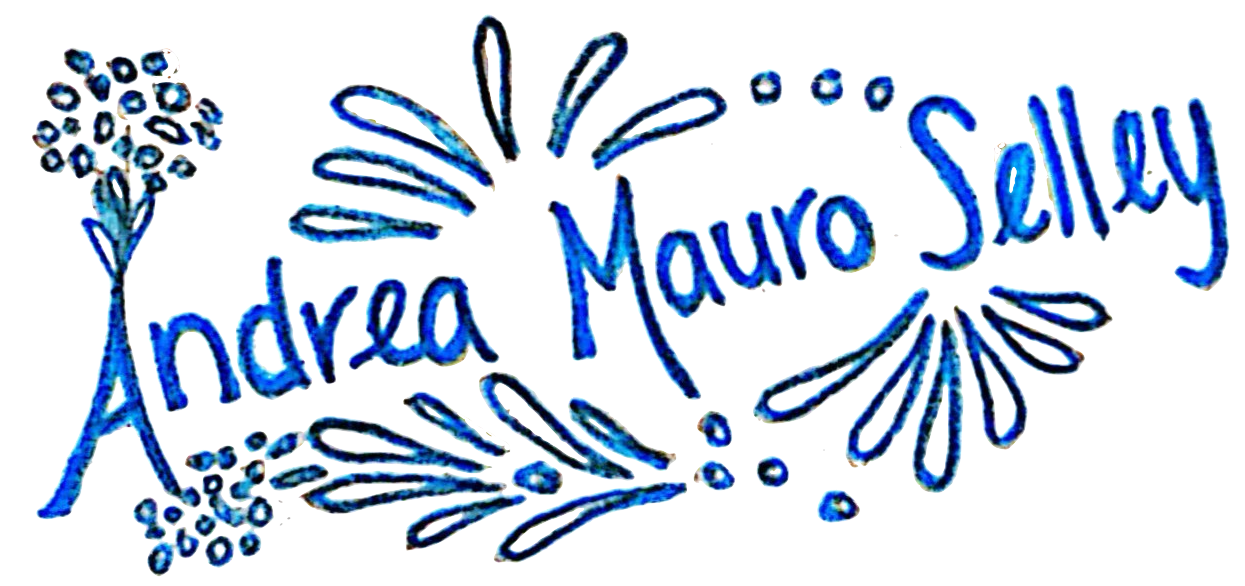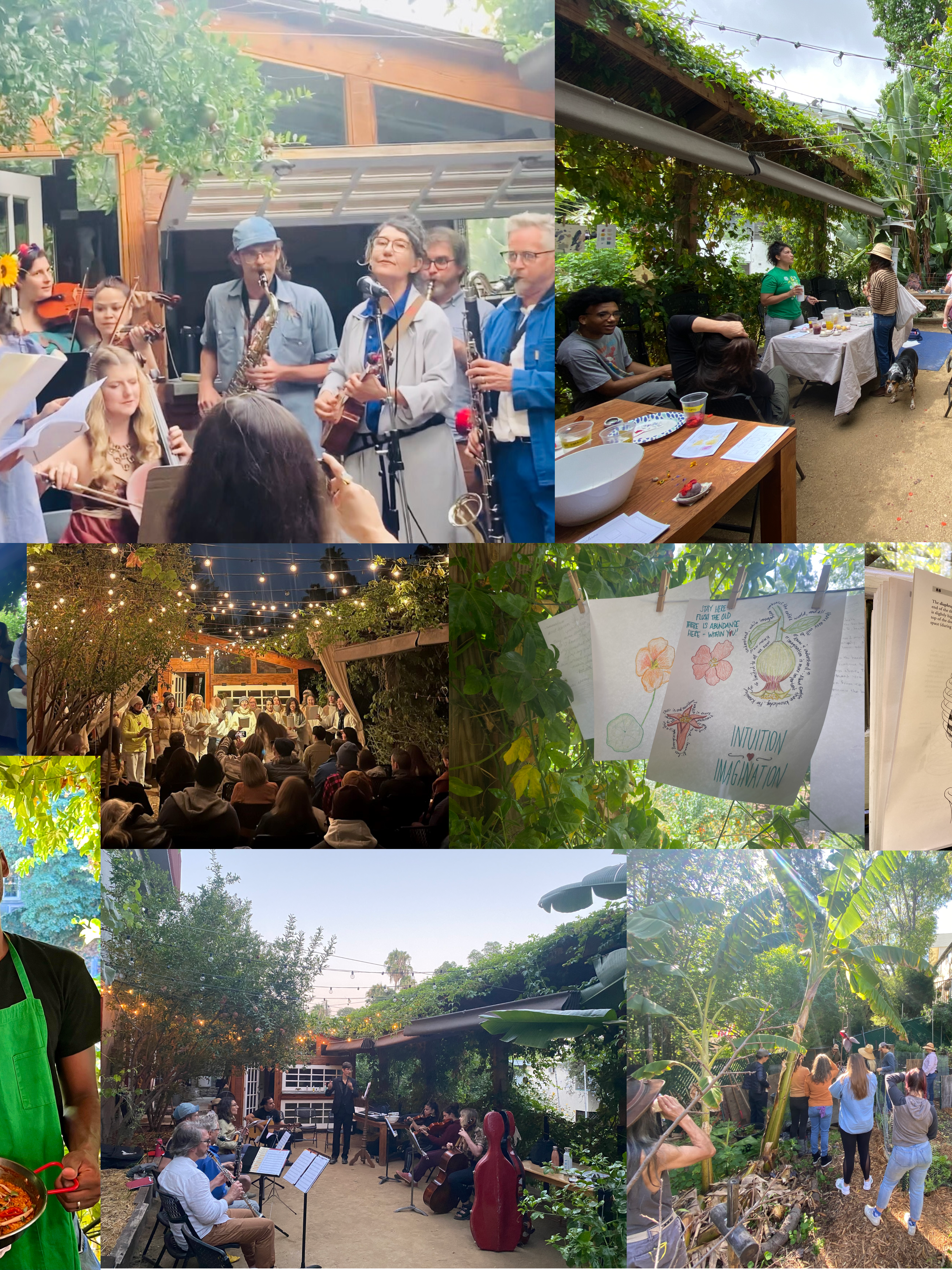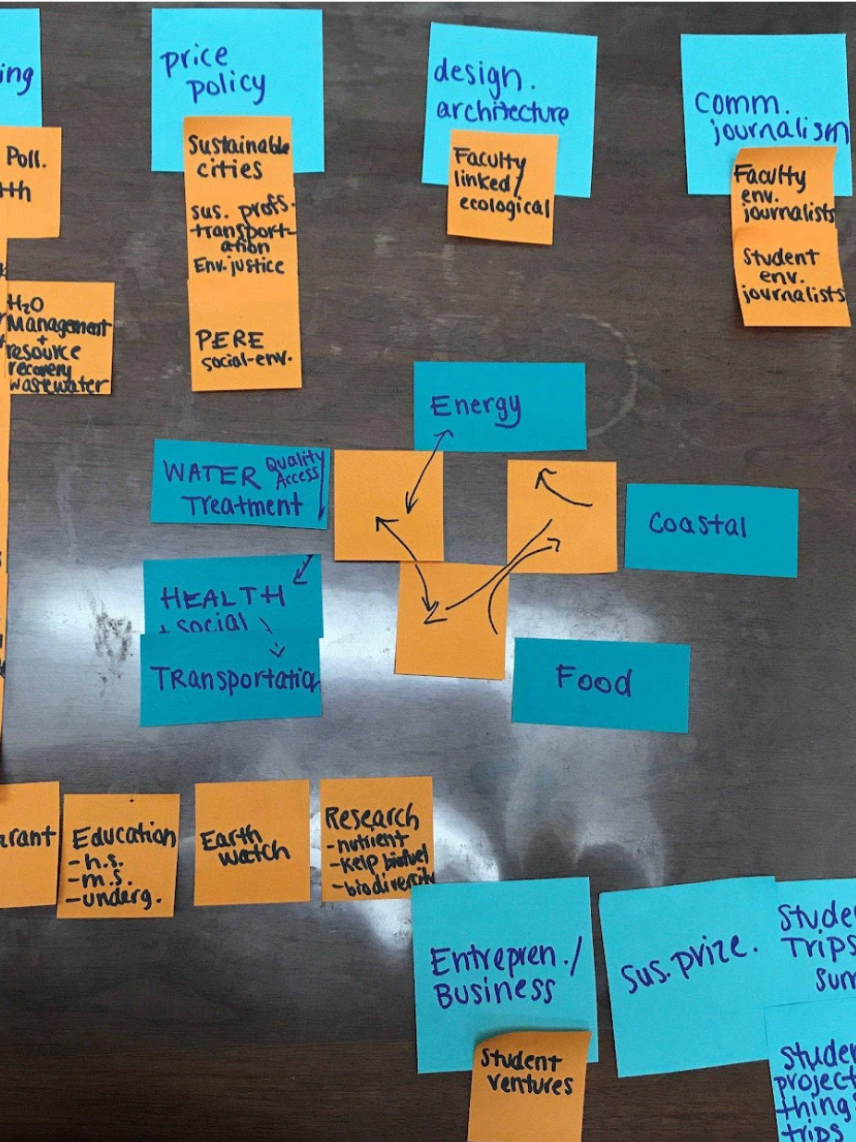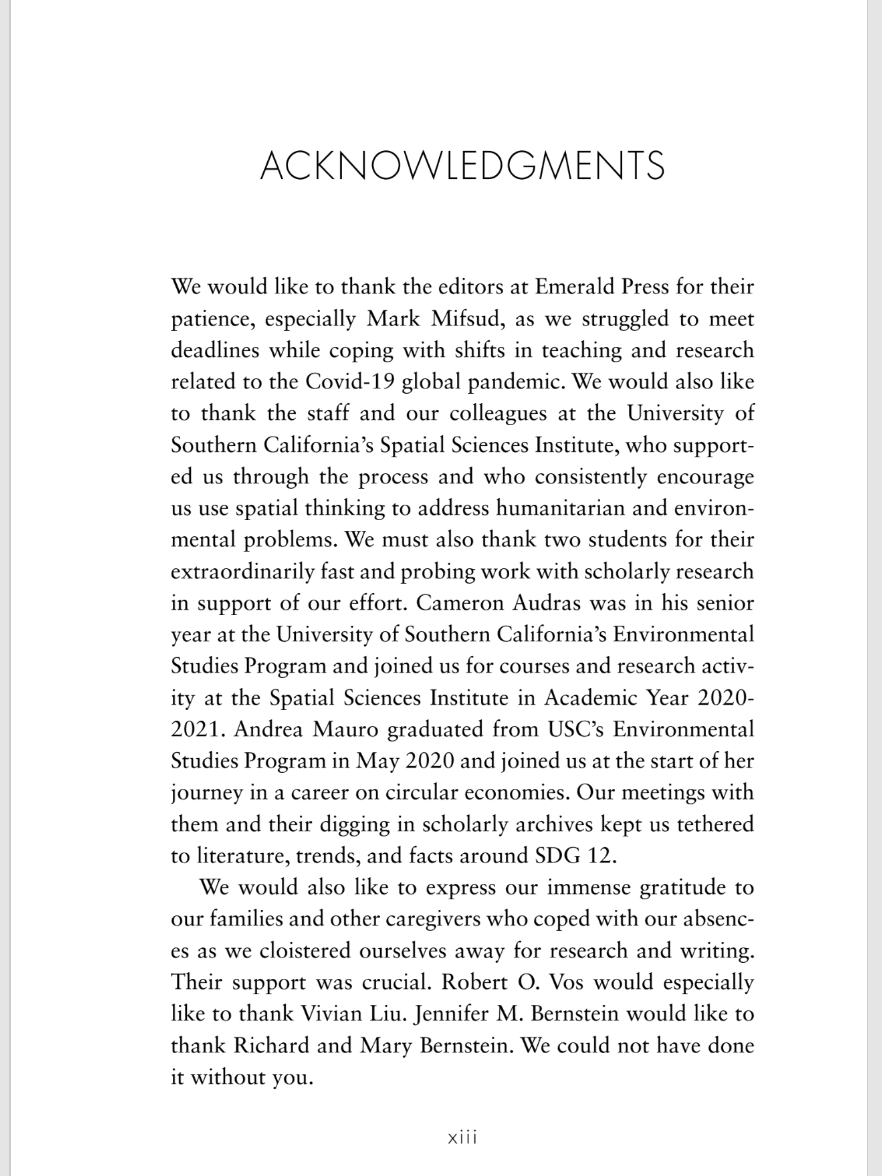Context:
• Noticed a trend in the way students discussed ‘sustainability’ at both Vanderbilt University and the University of Southern California (ie. nothing was being done, disempowerment, student groups preaching to the choir, sustainability as siloed within Environmental Studies).
• USC’s island campus on Catalina Island (Wrigley Institute for Environmental Studies) was unknown to many undergraduate and graduate students. A lot of misinformation about their ability to go/contribute despite the Institute working to embody the form of a multi-disciplinary “test-bed for sustainable innovation" (i.e existing reputation for being solely a marine research facility).
• To be serious about sustainability goals, the nature of relationships involved in any given interaction across all industries needs to be assessed and dramatically shifted to be regenerative. To shift patterns, different leverage points need to be pushed across all sectors and across different scales.
• Noticed a trend in the way students discussed ‘sustainability’ at both Vanderbilt University and the University of Southern California (ie. nothing was being done, disempowerment, student groups preaching to the choir, sustainability as siloed within Environmental Studies).
• USC’s island campus on Catalina Island (Wrigley Institute for Environmental Studies) was unknown to many undergraduate and graduate students. A lot of misinformation about their ability to go/contribute despite the Institute working to embody the form of a multi-disciplinary “test-bed for sustainable innovation" (i.e existing reputation for being solely a marine research facility).
• To be serious about sustainability goals, the nature of relationships involved in any given interaction across all industries needs to be assessed and dramatically shifted to be regenerative. To shift patterns, different leverage points need to be pushed across all sectors and across different scales.
Field Research:
• Investigated the initiatives undertaken by faculty and students across USC’s campus. Despite the challenge of compiling these initiatives into a spreadsheet (there was no central way of finding them aka this involved going through each USC school/department/lab website), it became clear that the university had abundant faculty and student-led sustainability projects across all schools.
• Conducted field research to understand what students learn in their major about sustainability and if there are specific things they wished they learned about. Responses indicated a theme of not knowing how their major/future career was tied to sustainability and wanting more from their coursework (instead of solely the last slide on a powerpoint telling students to ‘think about the environment, too’). There is a need for a stronger platform for students to exercise their agency within their departments, unite fragmented sustainability initiatives and spark new/ongoing collaborations.
• Investigated the initiatives undertaken by faculty and students across USC’s campus. Despite the challenge of compiling these initiatives into a spreadsheet (there was no central way of finding them aka this involved going through each USC school/department/lab website), it became clear that the university had abundant faculty and student-led sustainability projects across all schools.
• Conducted field research to understand what students learn in their major about sustainability and if there are specific things they wished they learned about. Responses indicated a theme of not knowing how their major/future career was tied to sustainability and wanting more from their coursework (instead of solely the last slide on a powerpoint telling students to ‘think about the environment, too’). There is a need for a stronger platform for students to exercise their agency within their departments, unite fragmented sustainability initiatives and spark new/ongoing collaborations.
• Created a more comprehensive survey to quantify demand for sustainability to be infused in more applied ways. Over 50 responses were received/organized. Ambassadors created coalitions within their departments and shared relevant findings with their faculty. [These responses & the cross-disciplinary spreadsheet/wix prototype were also shared & used by members of the Dornsife College of Arts & Sciences communications team, the Sustainability & President’s Office & USC’s American Association of University Professors climate change working group. Meetings with these actors were prepared in advance to communicate the vision of the Ambassadors Program in line with the university’s business goals.
See here for anonymous survey responses.







